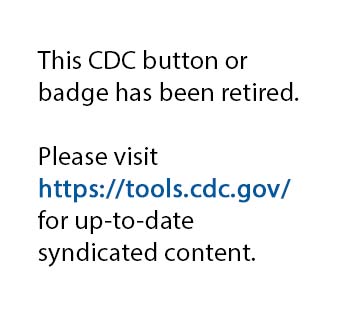
Ongoing tuberculosis education as recommended by the state.
Info taken from the CDC website.
Testing for TB Infection There are two kinds of tests that can be used to help detect TB infection – the TB skin test (TST) and TB blood tests. A positive TB skin test or TB blood test only tells that a person has been infected with TB bacteria. Other tests, such as a chest x-ray and a sample of sputum, are needed to see whether the person has TB disease.
*Mantoux tuberculin skin test The Mantoux tuberculin skin test is performed by injecting a small amount of fluid (called tuberculin) into the skin in the lower part of the arm. A person given the tuberculin skin test must return within 48 to 72 hours to have a trained health care worker look for a reaction on the arm.
*TB blood tests TB blood tests (also called interferon-gamma release assays or IGRAS) measure how the immune system reacts to the bacteria that cause TB. Only one visit is required to draw blood for the test, however, the local health department does not offer this blood test. The QuantiFERON-TB Gold test (QFT-G), QuantiFERON-TB Gold In-Tube test (GFT-GIT) and T-SPOT TB test are three Food and Drug Administration approved TB blood tests. Test results are generally available in 24-48 hours.
Who Should Get Tested for TB
Persons should get tested for TB by their doctor or local health department if they:
-have spent time with a person known or suspected to have active TB disease; or
-have HIV infection or another condition that weakens the immune system and puts them at high risk for active TB disease; or
-have symptoms of active TB disease; or
-are from a country where active TB disease is very common (most countries in Latin America and the Caribbean, Africa, Asia, Eastern Europe, and Russia); or
-live somewhere in the United States where active TB disease is more common such as a homeless shelter, migrant farm camp, prison or jail, or some nursing homes); or
-inject illegal drugs.
For more detailed information about TB, please click here or contact our health center 270-247-3553. Get more information from the Center for Disease Control. View the CDC TB Fact Sheet in English and Espanol!



